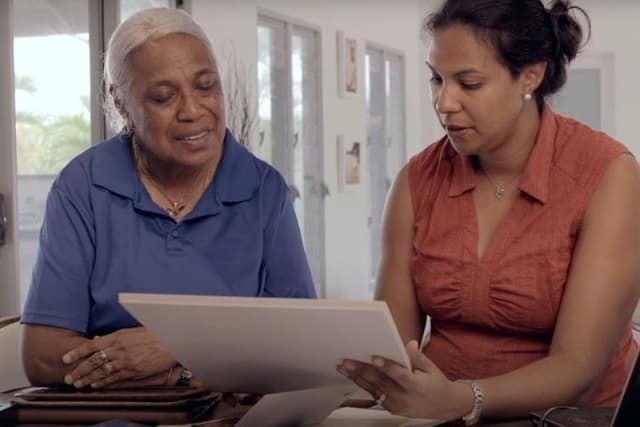
Brave New Clan - People - Family and Community
Lesson3 of 4 in this unit
PrimaryYear 3 - 6EnglishHumanities and Social SciencesGeographyAboriginal and Torres Strait Islander Histories and CulturesSocialEqualityHuman RightsIndigenous Education
Summary
Lesson Guides and Printables
Lesson Plan

Student Worksheet

Teacher Content Info
